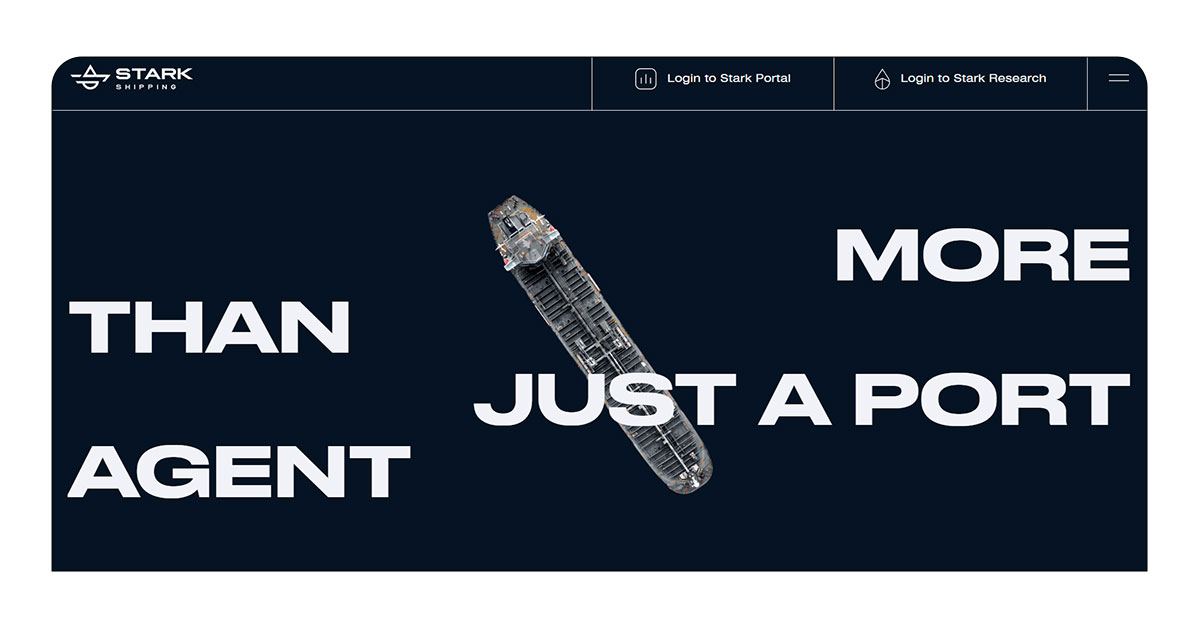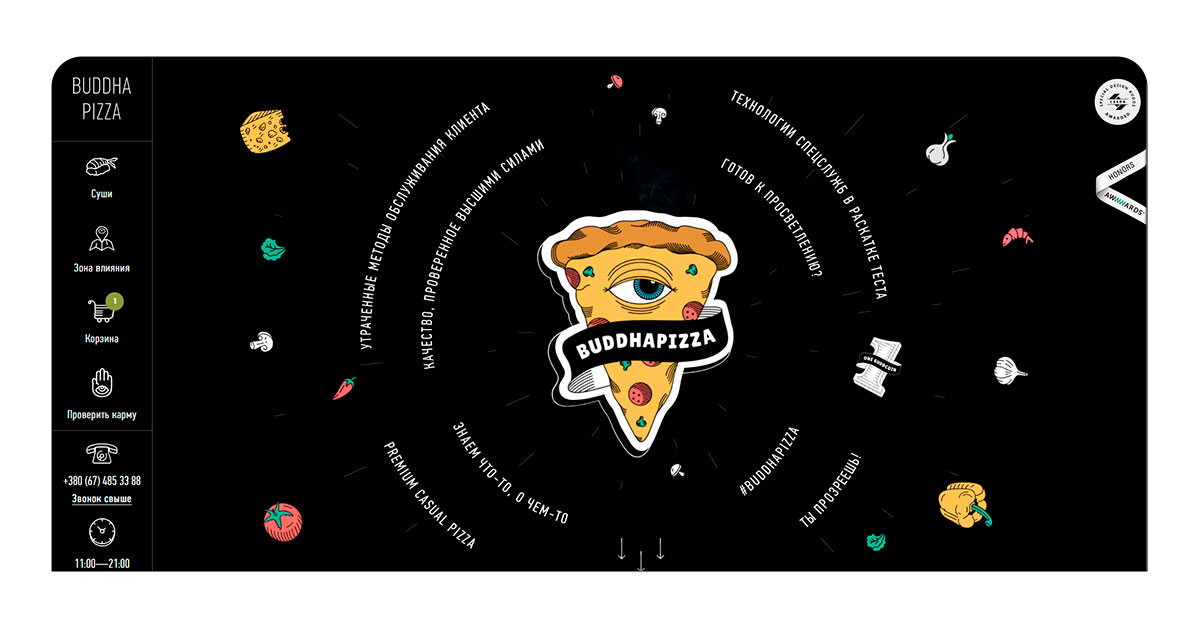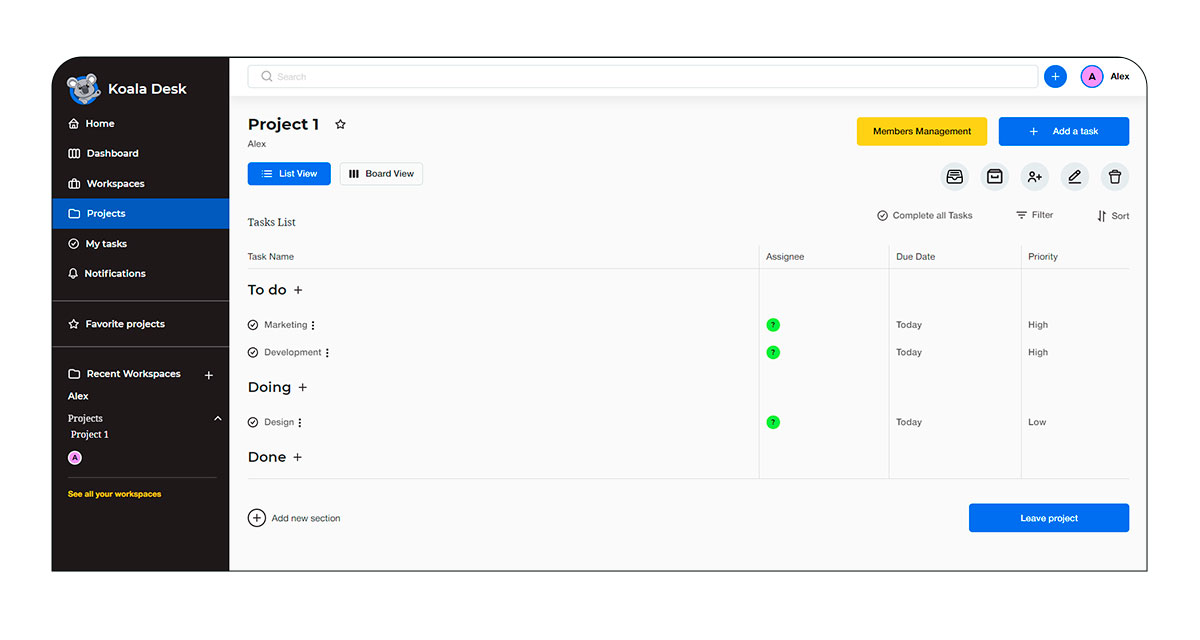Have a project
in mind?
Our team can implement it in the best possible way. Leave a request and we will do it!
Have a project in mind?
Let’s talk.
Have a project
in mind?
Our team can implement it in the best possible way. Leave a request and we will do it!












